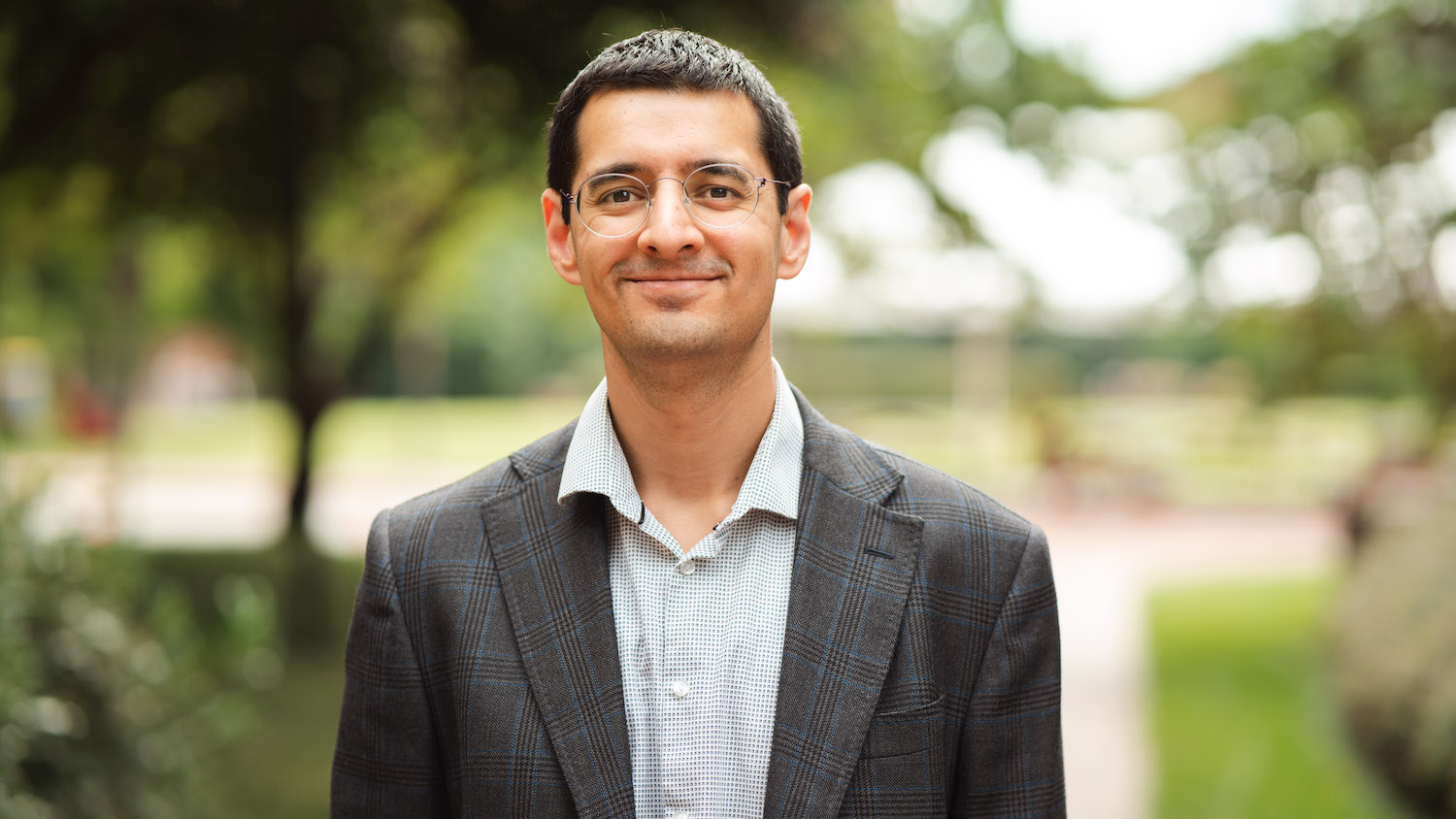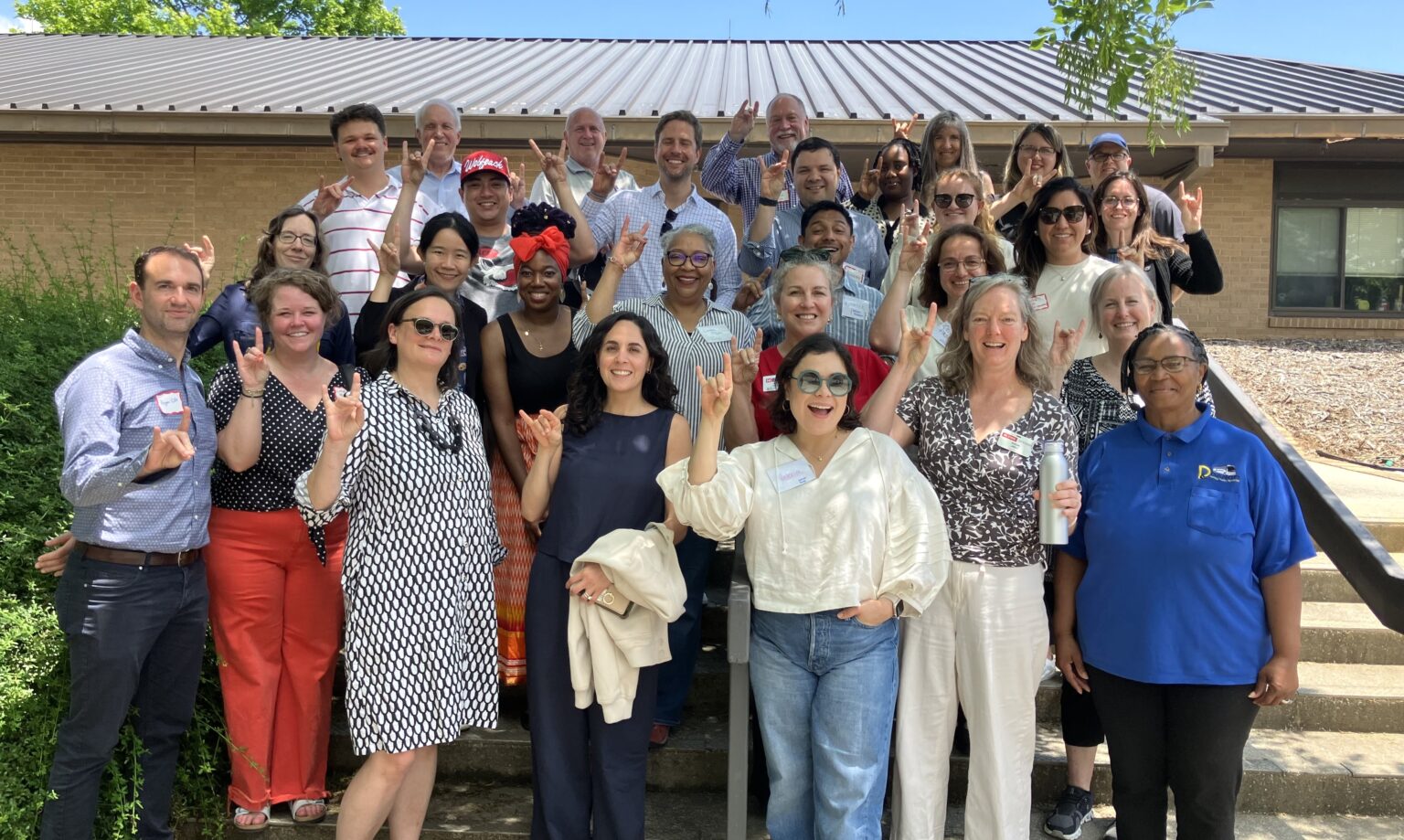Shawn Mankad has never been content to remain in the world of the abstract. The Poole College of Management’s new Assistant Professor of Business Analytics approaches research and teaching with an unflagging commitment to real-world application.
Q&A with Shawn Mankad
What initially sparked your interest in applying statistical methods to business and economic problems?
I double majored in statistics and mathematics as an undergraduate student at Carnegie Mellon University before moving on to a PhD program in statistics at the University of Michigan. I knew that I wanted to apply statistics to problems I observed out in the world, and my graduate experience gave me the opportunities I was looking for. I was fortunate enough to spend the summers between each year of graduate school at the Commodity Futures Trading Commission, where they were just starting to collect and analyze datasets that were far larger than those that existed when trading was conducted in person. Later, I interned at the Federal Reserve Board. As a student, I was working to develop statistical methods that my colleagues then used to inform policy and regulation. It was the perfect opportunity to connect the two worlds.
What changes have you witnessed in the field of business analytics over the past decade?
Students still need a solid foundation in data analytics, but what is more important is their ability to interpret data and develop insights in a way that informs business decisions.
When I was a student, you needed to be skilled at data analytics first and then at business. Now, the reverse is true. Analytical tools have gotten so sophisticated that you can use machine learning techniques without being able to write code from scratch. Students still need a solid foundation in data analytics, but what is more important is their ability to interpret data and develop insights in a way that informs business decisions. That is what employers are looking for these days.
What is the current focus of your research?
Most of my research falls into two categories. The first is text analysis, which involves creating tools to analyze large blocks of text to determine things like keywords, main themes, and public sentiment. I’m currently working on a paper that presents a model for analyzing online reviews in a way that helps businesses form connections between types of feedback and customer traits. My second major area of research is how networks evolve over time. Outside of these two categories, I also tackle other topics that have to do with financial risk. For example, I have submitted a paper with an economist at the Federal Reserve Board of Governors to try to develop new risk measures for the banking sector. We’re developing a new technique that uses stock returns to estimate risk, and we have already heard from a hedge fund manager that is implementing it. The ultimate goal would be for the Federal Reserve to take notice and share our research as a public resource. Achieving that level of impact is what motivates me.
You have committed to teaching two new courses: Business Analysis with SQL and Machine Learning Methods in Business. What can students expect?
My approach is to familiarize students through the entire life cycle of an analytics problem through these courses. The SQL class focuses on mastering techniques to gather and clean data to make it usable. In the Machine Learning course, they learn how to apply machine learning (ML) and artificial intelligence (AI) algorithms to data that is cleaned up and ready for analysis. The goal is that someone without a mathematics or statistics background can still learn how to develop an ML algorithm. They won’t be full-blown data scientists, but they will start to develop intuition about what is important in a dataset and how to manage analytical tools.
What is the most personally rewarding aspect of a career in research and teaching?
The best part of my job is receiving an email from a former student who landed an internship or closed a business deal because of something they learned in my class. Those moments make me feel like I have put out something unambiguously good into the world.
How do you spend your time outside of work?
My wife and I have a two-year-old daughter who keeps us busy! We walk with her to a nearby park almost every day. I also enjoy jogging, kickboxing, and reading science fiction books.
- Categories:



